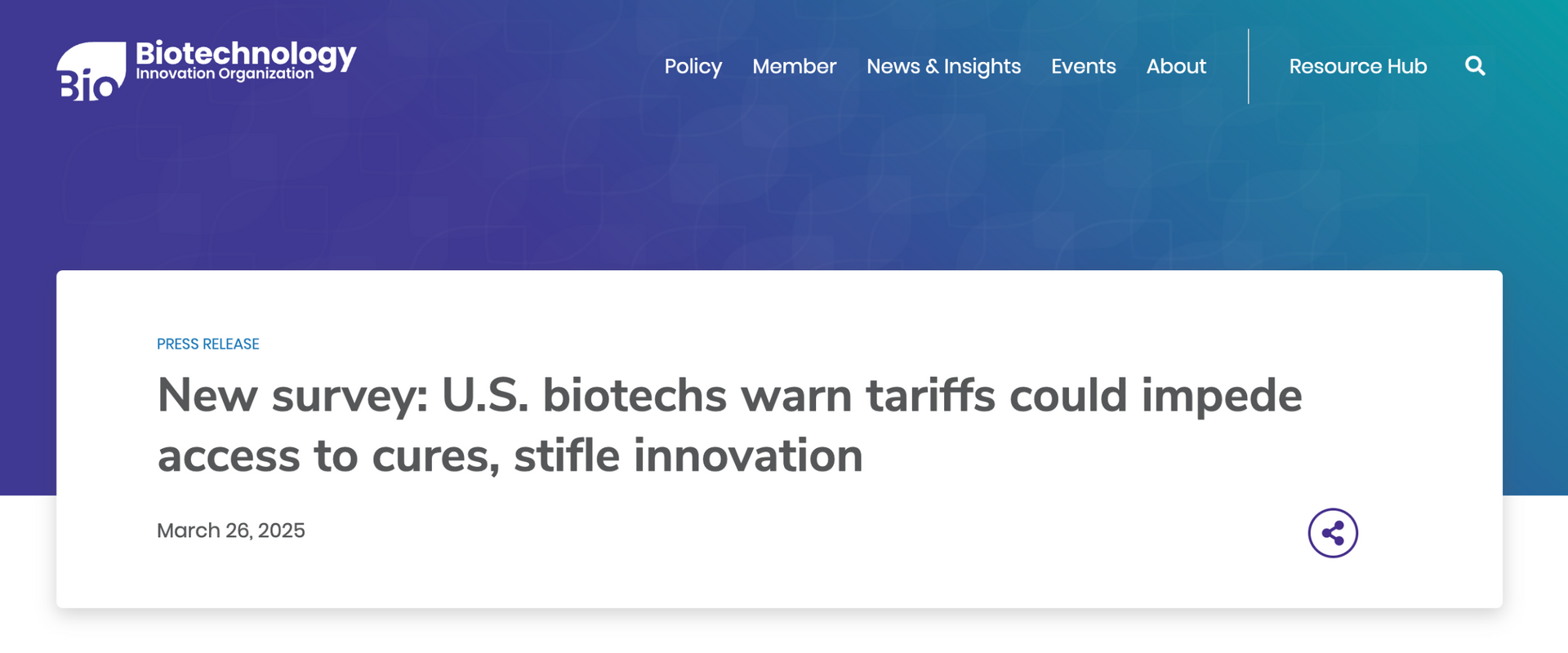90,000 sq. ft. Expansion of Grand River Aseptic Manufacturing’s Finishing and Warehouse Center is Complete
GRAM Expands to Meet Growing Pharma Manufacturing Demands
Grand River Aseptic Manufacturing (“GRAM”), a leading sterile injectable contract manufacturer of biologics, small molecules, and vaccines, announces the completion of its finishing and warehouse center expansion. The expansion added 90,000 sq. ft. to the existing 110,000 sq. ft., totaling 200,000 sq. ft. of sophisticated inspection, packaging, testing, and warehouse capabilities.
Grand River Aseptic Manufacturing is known for its state-of-the-art technology, world-class facilities, customer-centric team, and Annex 1 compliance. GRAM’s expansion of additional capabilities and systems supports an industry-wide need for syringe, cartridge, and vial filling and finishing, as well as the growth in advanced drug delivery systems.
“The increase in capabilities, capacity, and redundancy from this expansion sustains GRAM’s commitment to delivering quality products and supporting our partners with contract manufacturing that aligns with their needs,” said Tom Ross, President and CEO of Grand River Aseptic Manufacturing. “GRAM’s authenticity and transparency with our partners and component manufacturers allow us to serve with intention and continue our growth. I look forward to welcoming new and current customers to see all we offer.”
The 200,000 sq. ft. finishing and warehouse center will incorporate:
- Four fully automated inspection systems (Korber and Optrel), eight semi-automated (Dabrico), and twelve manual inspection booths.
- Four labeling and packing lines (Dividella, Uhlmann, Bausch + Ströbel, Marchesini) with future label and pack space.
- Two autoclaves for product terminal sterilization.
- QC analytical and sterility lab with sterility isolators (SKAN) to support lyophilized, biologics, and small molecule product testing.
- Three -50°C walk-in freezers and three walk-in finished product (2-8°C and -20°C) refrigerated frozen units.
- 30,000 sq. ft. reserved for additional syringe/cartridge filling lines.
- Over 50,000 sq. ft. of material and finished product storage.
Grand River Aseptic Manufacturing’s finishing and warehouse center compliments its recently expanded cutting-edge filling facility, which includes four Bausch + Ströbel filling lines with SKAN isolator technology to manufacture clinical and commercial scale liquid vials, lyophilized vials, syringes, and cartridges. With over 100 million units of capacity, GRAM is ready to support pharma and biotech customers further
About Grand River Aseptic Manufacturing, Inc.
Grand River Aseptic Manufacturing, Inc., a prominent aseptic fill-finish contract development and manufacturing organization, delivers biologics, small molecules, and vaccine capabilities for liquid and lyophilized vials, syringes, and cartridges. Grand River Aseptic Manufacturing’s 300,000 sq. ft. of sophisticated GMP space supports customers’ drug products with advanced equipment, innovative technology, and a breadth of experienced team members.
RECENT ARTICLES




